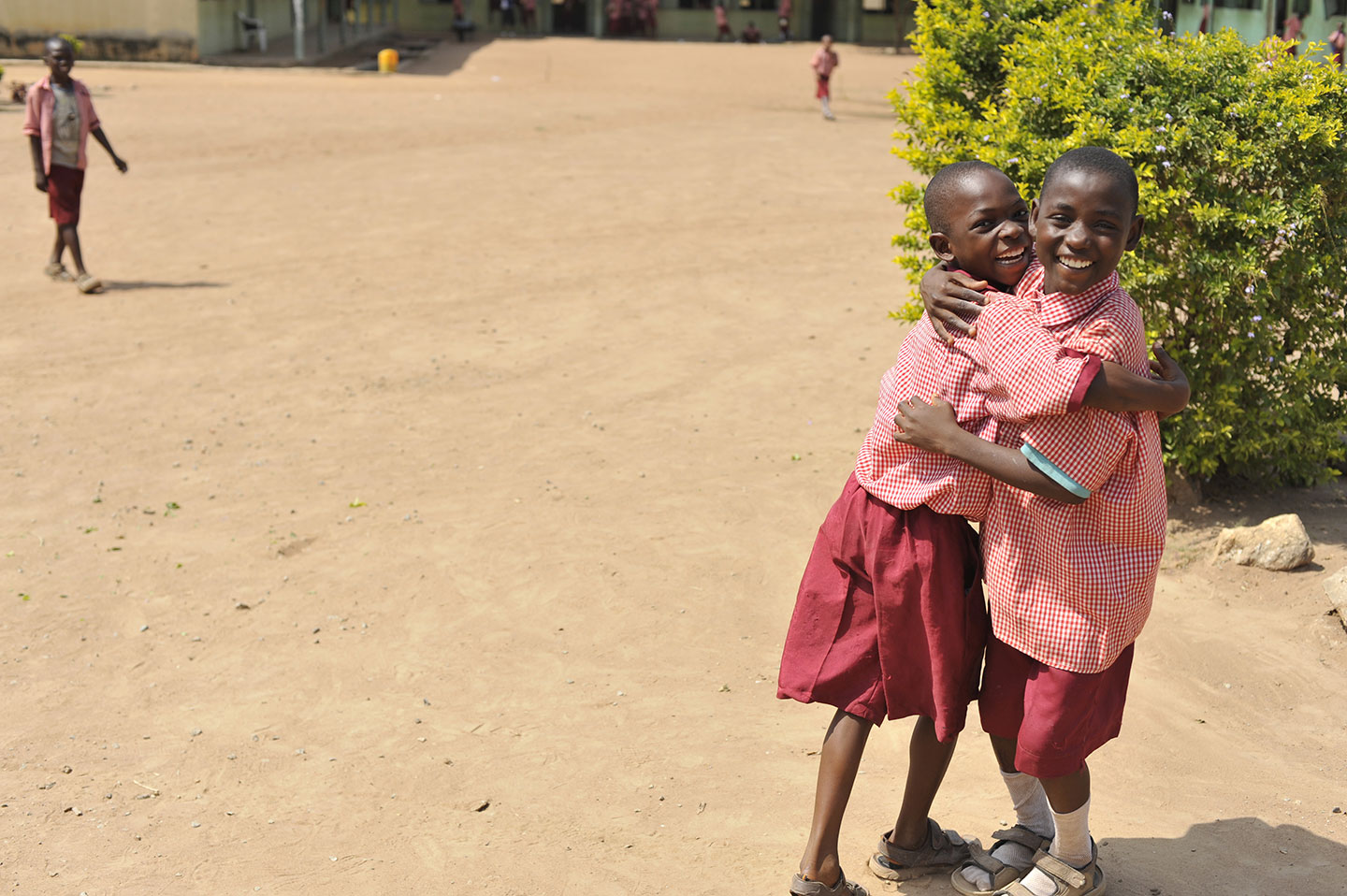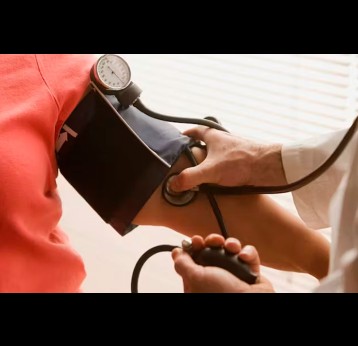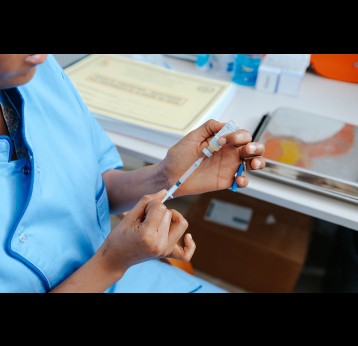-
Canada’s contribution will go towards Gavi’s efforts to deliver life-saving vaccines to children in the world’s poorest countries in 2021-2025 strategic period
-
This investment in Gavi reinforces Canadian priority of improved health for women and girls and for vaccines as primary tools to combat the global spread of infectious diseases
Geneva, 12 May 2020 – Gavi, the Vaccine Alliance, welcomes the Canadian government’s announcement today that it will contribute CAD 600 million to support Gavi’s efforts to deliver life-saving vaccines to children in the world’s poorest countries.
This support arrives as the COVID-19 pandemic is disrupting immunisation services in lower-income countries across the world. Vital vaccination campaigns against diseases like measles, polio, yellow fever and cholera have already been suspended while routine immunisation for young children is likely to be severely disrupted. Gavi is working with countries to keep immunisation programmes going, where possible, and is ready to launch mass vaccination campaigns once the immediate crisis is over to prevent a resurgence of deadly diseases, as well as working with countries to prepare their health systems for deployment of vaccines against COVID-19.
“Quick and efficient vaccine delivery is essential in the global response to the COVID-19 pandemic. We know that vaccines and routine immunizations save millions of lives each year and Canada is committed to ensuring that we do not abandon this work in the face of the current pandemic,” said Karina Gould, Canada’s Minister of International Development. “Organizations like Gavi have the immunization infrastructure to support low-income countries respond to COVID-19 outbreaks and ensure vaccines reach everyone, including the poorest and most vulnerable.”
“We are extremely grateful to Canada for support at such a critical time for global health. This pledge will be catalytic towards a fully funded Gavi,” said Dr Seth Berkley, CEO of Gavi, the Vaccine Alliance. “Canada’s commitment to the immunisation and innovation agenda has been crucial to Gavi’s success in protecting the poorest, most vulnerable children against preventable infectious diseases. As a key partner and donor to Gavi, Canada has helped our efforts to address gender barriers to immunisation and empower women and girls to be agents of change. Through our shared agenda and vision, we will continue the important work to prevent infectious diseases, protect children with immunisation and make sure that communities prosper by reaching 300 million children and saving up to 8 million lives during our next strategic period.”
As an anchor donor of the Vaccine Alliance since 2002, Canada has invested more than CAD 1 billion through Gavi. It is a founding donor of the Advance Market Commitment (AMC) contributing US$ 200 million through the mechanism. In addition to its contribution to Gavi’s 2015 replenishment, Canada became the lead donor to Gavi’s innovation accelerator INFUSE, with a CAD 20 million pledge to address gender bottlenecks in immunisation delivery in countries in Francophone Africa.
Latest news
View allNew research reveals huge impact of measles outbreaks on schools and hospitals
Two studies of measles outbreaks in Birmingham, UK, and Texas, USA, show the intense pressure measles outbreaks put on both health systems and school attendance.
We studied primary care in 6 rich countries – it’s under unprecedented strain everywhere
Like other high-income countries, Australia and New Zealand are leaning on GPs to solve increasingly complex health needs – without the necessary investment.
Will AI Help or Hinder Scientific Publishing?
Artificial intelligence could reshape both the creation and evaluation of research. But experts warn of risks.
Extreme poverty locked a family out. Lesotho’s frontliners found the means to bring them back in
In Lesotho, a team of nurses realised that dire poverty had pushed one family out of the reach of even free public healthcare. They resolved to bridge the distance themselves.
Major study suggests transparent communication is key to vaccine uptake
A Lancet study of 1.1 million people suggests that most COVID-19 vaccine hesitancy reflected concrete concerns that faded over time, underscoring the importance of good information and transparent communication.






